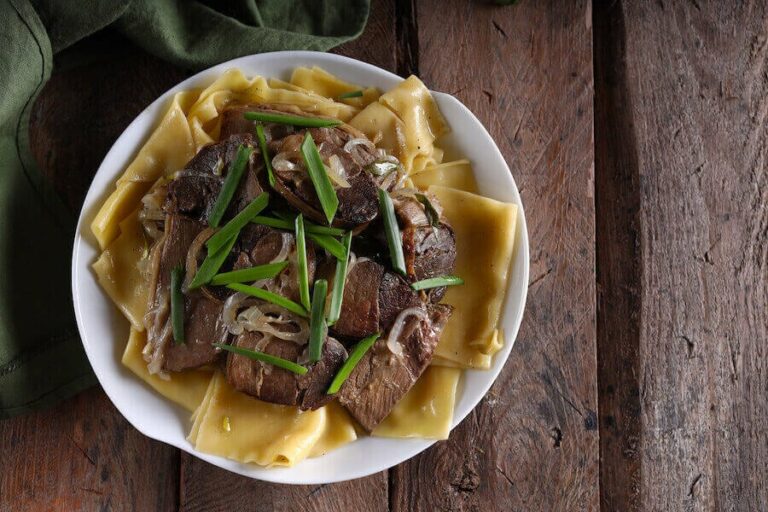Introduction: Understanding Kazakh Dining Culture
Kazakh dining culture is a reflection of the country’s nomadic history and diverse cultural influences. Traditional Kazakh cuisine features a variety of meat dishes, including horse meat, lamb, and beef, as well as dairy products such as kumis (fermented mare’s milk) and ayran (yogurt drink). The hospitality and generosity of Kazakh people are evident in their dining culture, which emphasizes large portions, sharing, and communal eating.
Hospitality in Kazakh Dining: A Core Value
Hospitality is a core value in Kazakh culture, and this is reflected in the dining traditions. Guests are treated with utmost respect and are welcomed with open arms. A typical Kazakh meal is served on a dastarkhan, a tablecloth spread on the floor. The host will often sit beside the guests and serve them with their own hands. It is not uncommon for the host to insist that the guests eat more, even if they are already full.
Generous Portions: A Symbol of Kazakh Generosity
Generosity is another important value in Kazakh culture, and this is evident in the portion sizes of traditional dishes. Kazakh cuisine features hearty and filling meals that are meant to satisfy the appetite of guests. Meat dishes are often served in large portions and accompanied by plenty of side dishes. The size of the meal is seen as a symbol of the host’s generosity and hospitality.
The Importance of Sharing in Kazakh Dining
Sharing is a key element of Kazakh dining culture. Meals are often served family-style, with dishes placed in the center of the table for everyone to share. Guests are encouraged to help themselves to as much food as they want and to try a little of everything. This communal style of eating fosters a sense of togetherness and reinforces the importance of relationships in Kazakh culture.
The Role of Food in Kazakh Social Gatherings
Food plays a central role in social gatherings in Kazakh culture. Meals are often accompanied by music, dancing, and storytelling. It is not unusual for a meal to last for several hours, with guests lingering over their food and engaging in lively conversation. Food is seen as a way to bring people together and to strengthen relationships.
Conclusion: The Significance of Hospitality in Kazakh Culture
In conclusion, hospitality is a core value in Kazakh culture, and this is reflected in the country’s dining traditions. Guests are treated with utmost respect and are welcomed with open arms. Generous portions and communal eating are hallmarks of Kazakh cuisine, while sharing and togetherness are emphasized in social gatherings. Hospitality and generosity are deeply ingrained in Kazakh culture, and these values are evident in the country’s rich culinary traditions.

